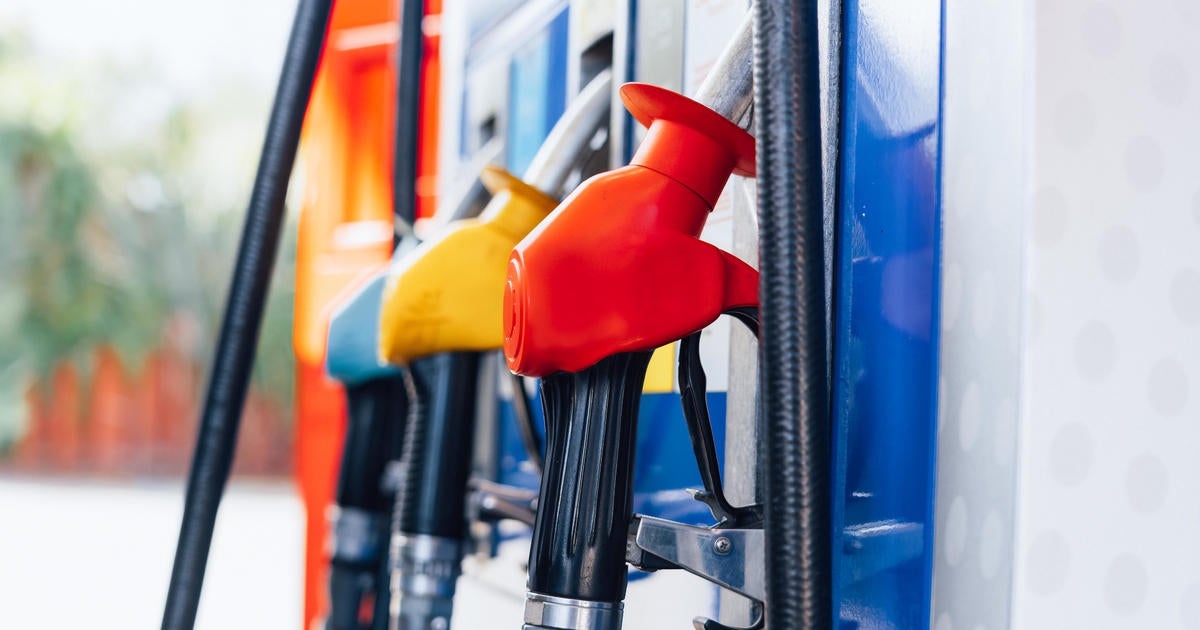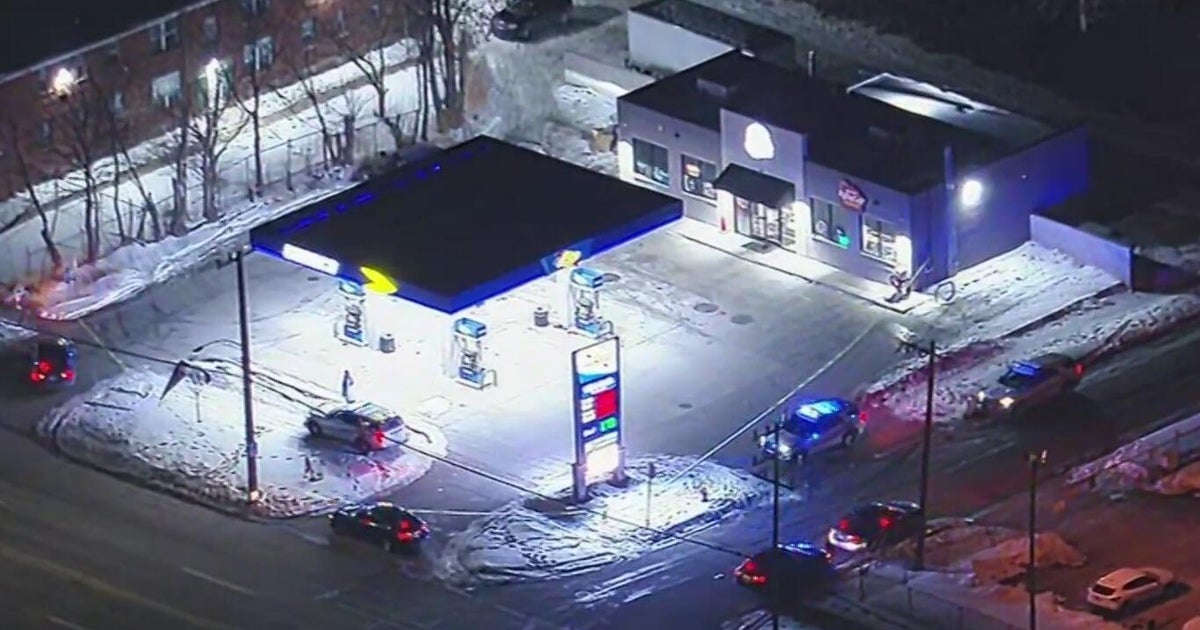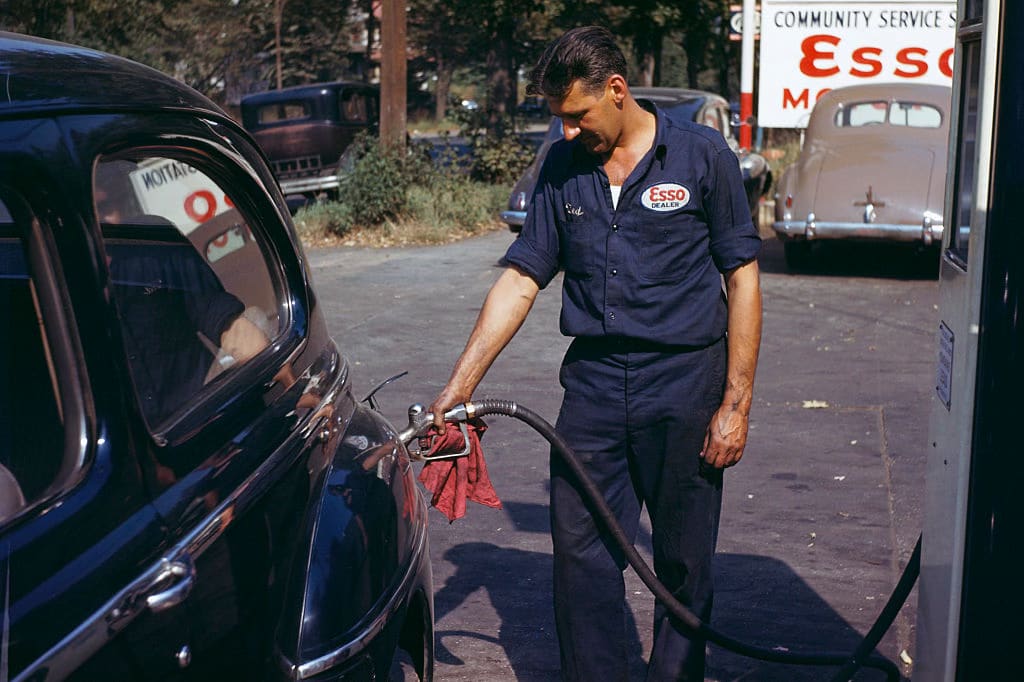Why are U.S. gas prices so high? Not for the reason Biden thinks
President Joe Biden has called for an investigation into persistently high gasoline prices. With the average price of gas around the U.S having climbed to $3.17 a gallon, Mr. Biden suggested that pandemic "profiteers" might be to blame.
"There's lots of evidence that gas prices should be going down — but they haven't," he said Thursday. "We're taking a close look at that."
Yet experts say there's little evidence of anything nefarious behind the higher fuel cost. Although gas prices have atypically remained elevated after Labor Day, when prices at the pump usually fall following the peak summer driving season, analysts blame other factors, including lower global production and supply disruptions in the U.S.
Experts think gas prices — which a year ago averaged $2.18 nationally for a gallon of regular, according to AAA — will drop later this year. In the meantime, here are the main reasons they say gas prices have surged.
Supply disruptions
Gasoline isn't immune to the supply-chain issues that have plagued every conceivable good in the time of coronavirus.
Storms and hackers have shuttered production and transport of gasoline this summer, with Hurricane Ida temporarily closing most oil production in the Gulf of Mexico and several big refineries. The hurricane comes after a cyberattack in May took out a major fuel pipeline to the East Coast for nearly a week.
Jeffery Born, an energy markets expert at Northeastern University, said current gasoline prices are partly a result of production and refining capacity that was knocked offline by Hurricane Ida and partly a result of other shortages — even a shortage of tanker drivers.
"In short, I think we are having supply-chain problems," Born said. "I'm sure Joe wants prices to come down — you and I do, too. I'd also like to be 20 pounds lighter tomorrow."
Tom Kloza, chief analyst for the Oil Price Information Service consulting firm, said Hurricane Ida and lingering effects on production and refining are causing summer-like prices to "linger for longer," especially east of the Rockies. He predicted that pump prices will soon ease in the West, Southwest and Rocky Mountain states.
High demand
Another factor is that Americans are driving more than we were one year ago.
Phil Flynn, an energy analyst at the Price Futures Group and a critic of Mr. Biden's energy policy, said prices reflect demand that came back stronger than expected from the pandemic and lower U.S. oil production, compounded by events like the hurricane.
"I'm not seeing any profiteering or bad actors," Flynn said.
Meanwhile, Apple's mobility index shows Americans are driving at rates nearly 50% above their pre-pandemic level—even higher than the index's levels last September.
Low production
Energy economist Philip Verleger said gasoline prices are being propped up by U.S. independent producers and OPEC members limiting their oil production, by the cost of blending ethanol into gasoline and by lower gasoline inventories.
There already are some signs retail gasoline prices have peaked, with the Energy Information Administration reporting last week that gasoline prices are likely to decline in coming months. It forecast that prices would average $3.14 a gallon in September before falling to $2.91 in the last three months of the year, as driving declines in the winter months and refining operations come back online after being damaged by the hurricane.
Mr. Biden joins a rich tradition of presidents who express frustration with high gasoline prices. In 2019, then-President Donald Trump tweeted at OPEC, the Saudi Arabia-led cartel of oil producers.
"Oil prices getting too high," Trump tweeted. "OPEC, please relax and take it easy. World cannot take a price hike - fragile!"
Mr. Biden tried that approach himself last month, when he urged OPEC members to increase oil output just as concern was rising that higher energy prices could slow the U.S. economy's recovery from the COVID-19 pandemic.
"Production cuts made during the pandemic should be reversed as the global economy recovers in order to lower prices for consumers," Mr. Biden said at the time.



